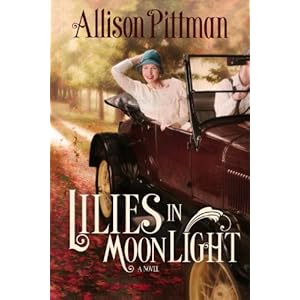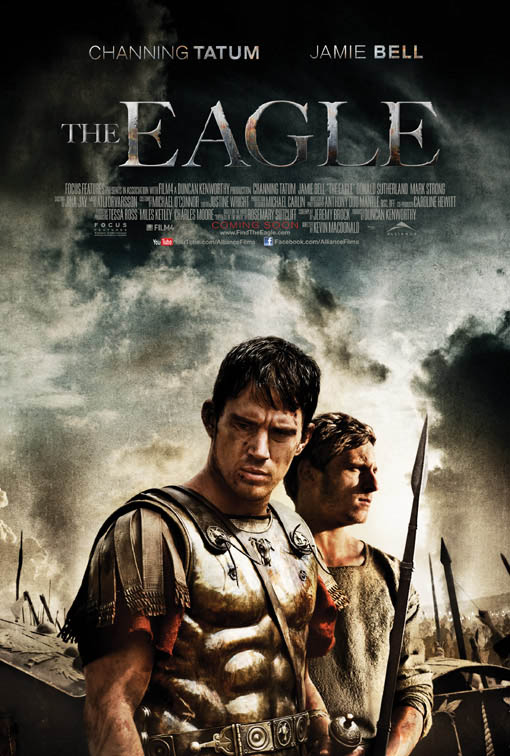
Let’s just get the fact that the cover art is terrible out of the way. It’s terrible. Just find a piece of paper and hide it and fall in love. Because you will. Lily Margolis is a true-blue flapper. Having escaped from the clutches of her legalistic mother, she is barely surviving as a door-to-door cosmetics girl. One night, after crashing a Gatsby-esque party, she stumbles into the yard of the wealthy Burnside estate. There, she is informally adopted by the delusional ( and charming ) Betty Ruth and scrutinized by the enigmatic Cullen, whose past in baseball is as tragic as the mustard gas accident that has left him disfigured. A bright spark in the Christian market and one of my favourite reads this year, Lilies in Moonlight will charm the socks off of you.
First off, I have loved Pittman’s baseball-themed trilogy. Stealing Home is a revelation ( especially because her Crossroads of Grace series was so frustrating for me) and Lilies in Moonlight even surpasses it. A well-loved secondary character makes a beguiling cameo for those who are versed in this Americana by a talented pen . For those uninitiated, this is the perfect place to start with Allison Pittman. This is competent writing with themes far deeper than their surface initially tells. I loved it. It’s wrapped up in grace and redemption; but coated with strong verisimilitude, peppered with authentic dialogue and brimming with a wonderful feel for the era. You will be transported back to an easier time and the language, costumes and colour of the numerous sets back-dropping Lily’s adventures are warm and light-filled.
An unexpected road trip bonds Lily and the fabulous Cullen in a sweet and remarkable way. Both are able to admit their faults, exhume their pasts and respect each other at far more than a surface level. The motif of appearance ( Lily’s kohl liner and ruby lips and Cullen’s horrific war scars ) runs rampant---it even peeks into the delusion that pervades Cullen’s warm-hearted and sweet-tempered mother, Betty Ruth. Not everything in the story wraps up perfectly and we learn that God’s idea of miraculous undertakings can sometimes look slightly different than our own. I loved this book! This book that will always bring me to a bright and happy place. Kudos to Pittman for continually becoming stronger and stronger and establishing herself as one of the most competent writers in the historical genre.




